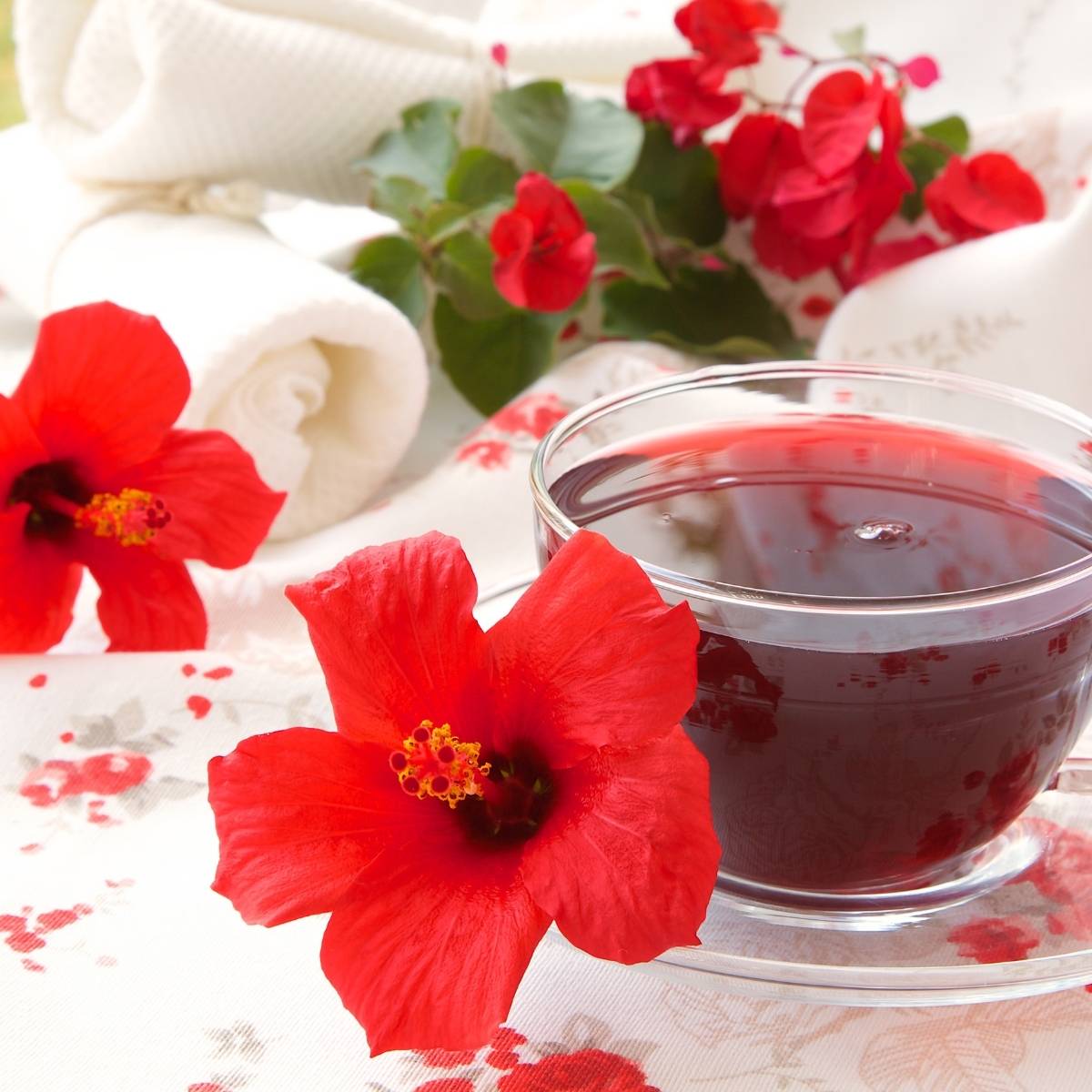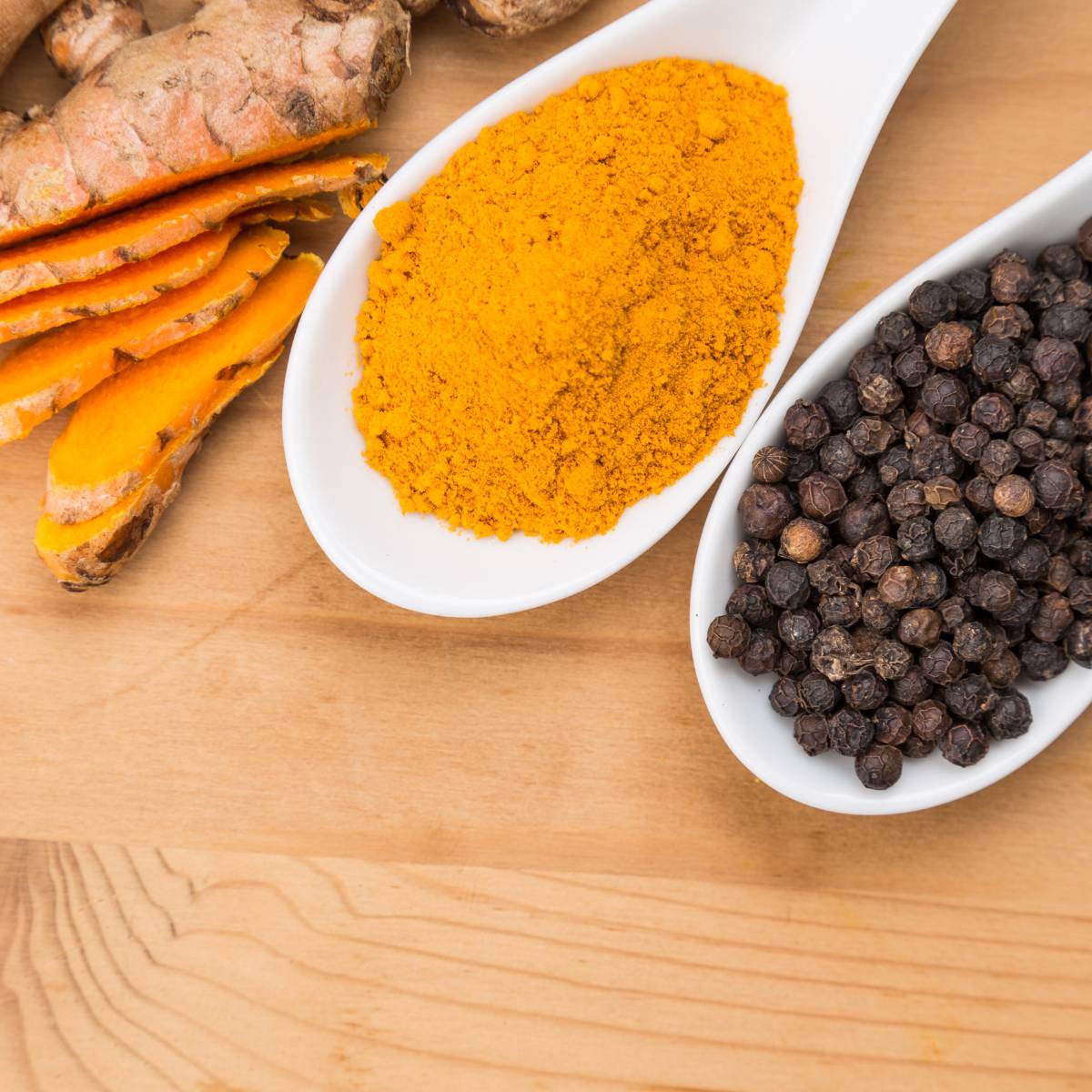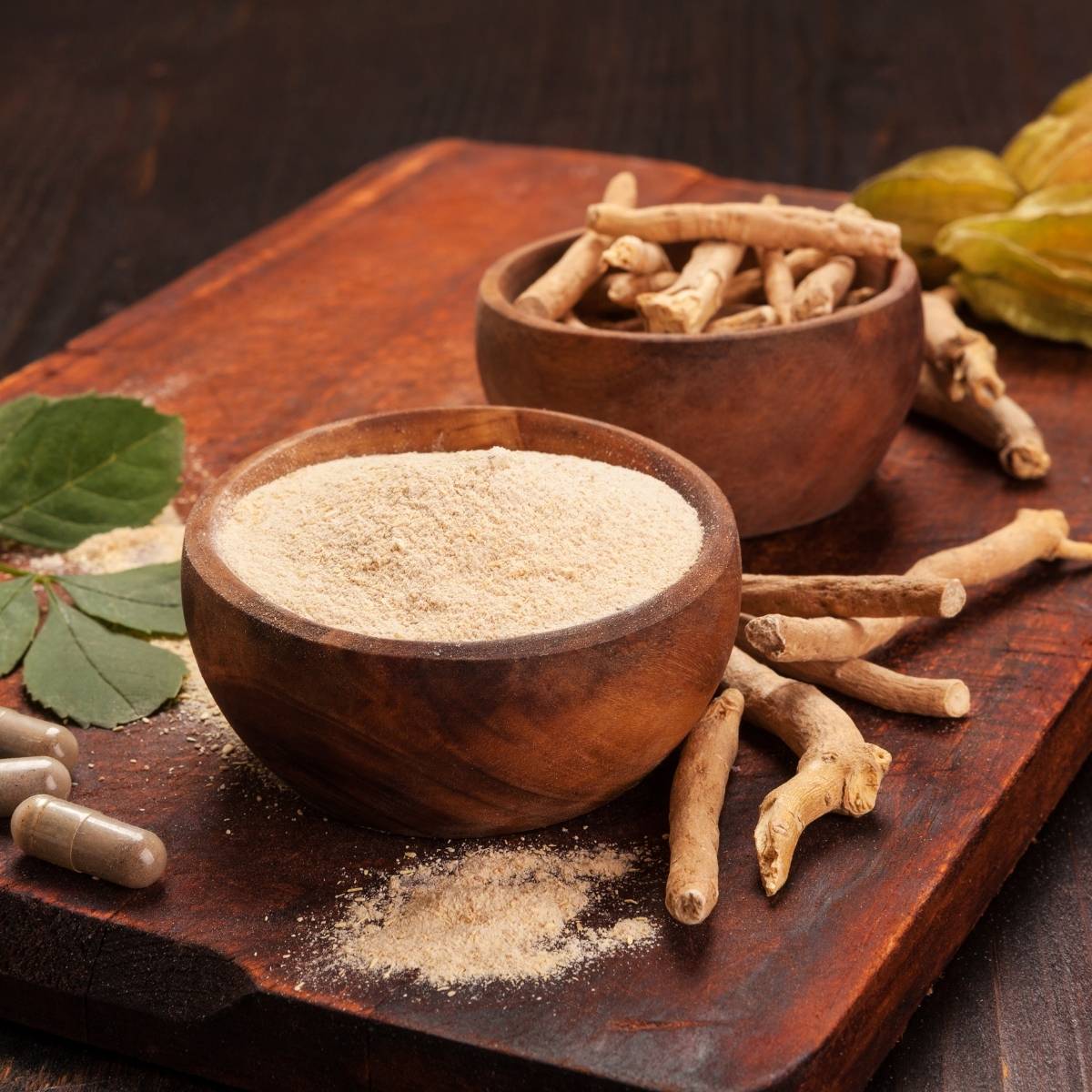You may be familiar with the beautiful red and pink flowers of the hibiscus, a plant that thrives in tropical climates. But, did you know that drinking tea from the hibiscus flowers has many benefits?
Hibiscus tea is a vibrant red herbal tea made from dried hibiscus. Brewing the plant creates a delicious tart and sweet flavor that is enjoyed hot and cold.
For centuries, people from tropical countries have been harvesting the hibiscus flower for its effects on overall well-being.

11 Benefits of Hibiscus
You can reap the benefits of this delicious and nutritious drink too! Here are some of the ways hibiscus can help you...
- Contains Antioxidants to Fight Free Radicals
- Can Help To Lower Cholesterol
- Can Promote Weight Loss
- Supports a healthy Immune System
- Tea Can Aid Digestion
1. Contains Antioxidants to Fight Free Radicals
Hibiscus is full of amazing antioxidants that heal your body from within. Vitamin C is one of these antioxidants that boost immunity and prevents cell damage. The beautiful color of hibiscus is due in part to the antioxidants called anthocyanins. This compound fights free radicals and is good for overall well-being.
Free radicals are oxygen molecules with unstable atoms that can cause oxidative stress in your body. By adding hibiscus to your diet, you can naturally fight free radicals and reduce oxidative stress.

2. Can Help To Lower Cholesterol
Hibiscus may help regulate cholesterol levels and promote good cholesterol. Studies have shown that drinking hibiscus tea can help lower blood lipid levels that are associated with high cholesterol in mild cases while improving good cholesterol levels. Cholesterol can negatively affect heart by building fat deposits in blood vessels. High triglycerides may cause fatigue or chronic pain.
3. Can Promote Weight Loss
The low calorie count of hibiscus tea may support weight loss efforts by reducing appetite and increasing fat burn, helping you to maintain a healthy weight naturally. In one study, drinkers of hibiscus tea experienced reduced body fat and improved body mass index. While more studies are needed for conclusive results, hibiscus shows promise in promoting healthy weight.

4. Supports a healthy Immune System
As we’ve already discussed, hibiscus is full of vitamin C, which supports a healthy immune system.
5. Tea Can Aid Digestion
Traditionally used for digestive issues, hibiscus tea may have laxative properties that relieve constipation and bloating. Its lack of caffeine makes it a good evening drink. Hibiscus tea contains fiber that can support healthy digestion by breaking down fats and keeping you regular.
Ways To Consume Hibiscus
There are many different ways to add hibiscus to your diet including:
Hibiscus Tea
Probably the most common way to consume hibiscus is in the form of a tea. You can brew hibiscus flowers or tea bags into a hot or iced tea. Can be enjoyed plain or sweetened with honey or sugar. For more flavor, you can mix with other herbs like lemongrass or mint or even add lemon, berries or other fruit slices.
Hibiscus Powder
You can also purchase hibiscus powder which can be added to smoothies, juices, oatmeal, yogurt, or baked goods. You could also mix it into protein shakes or pre-workout drinks or make a hibiscus latte by blending powder with hot milk/plant milk.
Hibiscus Tincture
Hibiscus tinctures are widely available in health stores and apothecary stores. You can add drops of this hibiscus liquid extract to water, tea, or juice or even mix into cocktails in place of grenadine syrup.
Hibiscus Capsules
You can also take hibiscus supplements in capsule form. If this is your method of choice, make sure to follow dosage instructions on supplement labels.
Adaptogenic Beverages
If you want a really delicious hibiscus experience, you can try an adaptogenic beverage that contains hibiscus. Putting hibiscus in adaptogen drinks doesn't just make them look prettier, but can also provide an all-around healthier and calming effect. Check out our plum ginseng, sparkling cherry hibiscus, cherry chaga or hibiscus dragonfruit flavors, all of which contain hibiscus. Or you can browse our other floral flavors.
So there you have it...
...modern research is confirming what ancient cultures knew. With over a dozen evidence-based therapeutic uses, hibiscus tea is a nutrition powerhouse.
Try a natural hibiscus botanical water for an easy way to add hibiscus to your diet, no brewing necessary. Just pop it in the fridge for a simple, healthy drink whenever you need a refresh.
Disclaimer: The content on this blog is for informational purposes only and is not intended as professional advice. Use this information at your own risk.





![Alcohol Replacement Drinks - What are the Healthiest Alternatives to Alcohol? [Updated 2023]](http://drinkmoment.com/cdn/shop/articles/alcohol_replacement_drinks_-_what_are_the_healthiest_alternatives_to_alcohol_updated_2023.jpg?v=1690209665)


